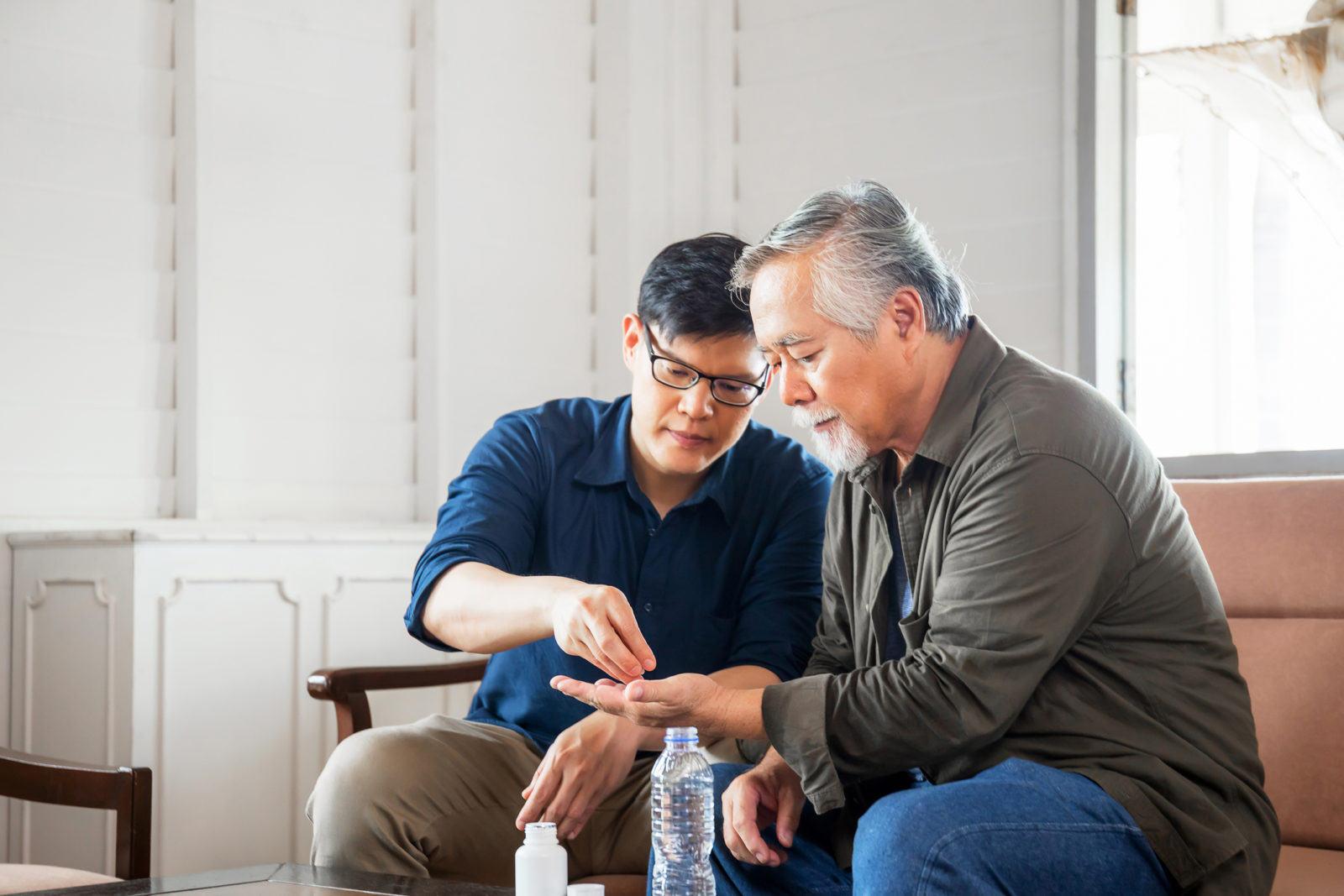Three Things You Might Not Know About Caregiving

In 2020 the National Alliance for Caregiving reported there were 53 million caregivers in the U.S. Nearly one in five of them were providing unpaid care to an adult with health or functional needs. As our population ages, that number will continue to grow. More and more people will find themselves—sometimes unexpectedly—providing care for a spouse, parent, or other family member.
If you haven’t been in this type of caregiving role, you may have no idea what to expect. Here are a few things that may happen in your caregiving journey.
Caregiving can bring you joy
“So many people that we talk with are honored to be providing care,” says Kate Granigan, CEO of LifeCare Advocates.
She also notes that many people embrace caregiving as a way to give back to or honor their elders. “A lot of people feel that now it’s their turn to help care for someone who cared for them,” she says. “It’s a form of honoring our elders and remembering and respecting what they have to offer us. Sometimes it’s a chance to slow down in our busy lives and listen to their stories and remember what amazing people they are.”
Caregiving might affect your health
Yes, caregiving can be very rewarding, but it can also be exhausting. The caregiver may feel honor in what they do, but may also feel angry, tired and frustrated with their caregiving role. All those emotions can exist at once.
And, of course, notes Granigan, “Not all parent-child relationships work great. They may not have been great parents, for example. Talking through that and getting help is often the best thing caregivers can do to take care of themselves.”
Granigan offers these tips to care for yourself:
- Talk to a friend or a therapist.
- Know your limits. Know when it’s time to take a break.
- Make time for your own health priorities. Statistics show that family caregivers end up having worse health because of their role.
“We’re so independent in our society,” Granigan says. “Both the older adult and the caregiver may be fiercely independent. It’s hard for either one to think about getting help. But sometimes even the littlest thing, like letting a family member step in for a weekend, can help.”
Caregiving may help you mend a relationship
Through family caregiving, “A lot of people are able to reconnect with family members that they may have lost touch with as their lives became busy,” says Granigan. “Many people even find it’s an opportunity to get a retake and repair strained relationships within the family.”
For example, siblings who had been estranged or simply separated by distance may have to come together to care for an aging parent. Shared caregiving can ignite a partnership that brings them closer again. Or caregiving may give a previously difficult parent-child relationship a chance to mend.
This post is based on a podcast interview with Kate Granigan titled “The Journey of Caregiving,” presented by the Empower Women podcast. Listen here.
Not sure where to begin on your caregiving journey? LifeCare Advocates can help you figure out what’s needed and how to manage it. Please contact us for more information.
![LifeCare Advocates [logo]](https://www.lcadvocates.com/wp-content/uploads/sites/270/2017/11/logo.png)